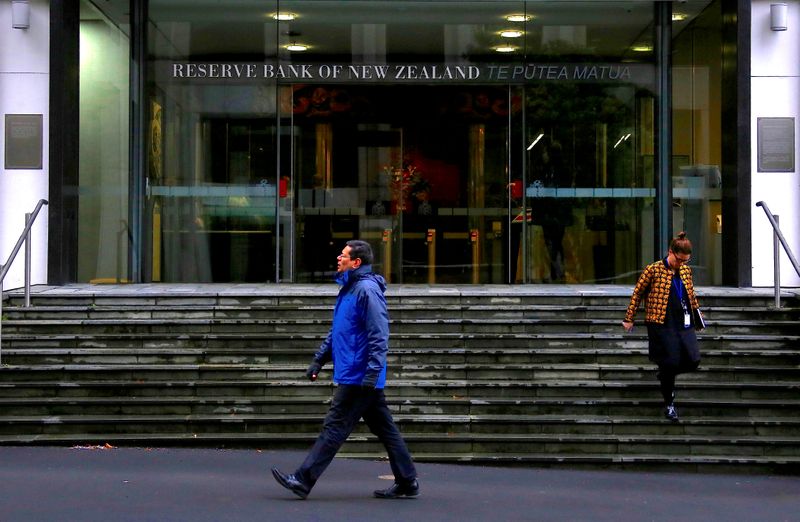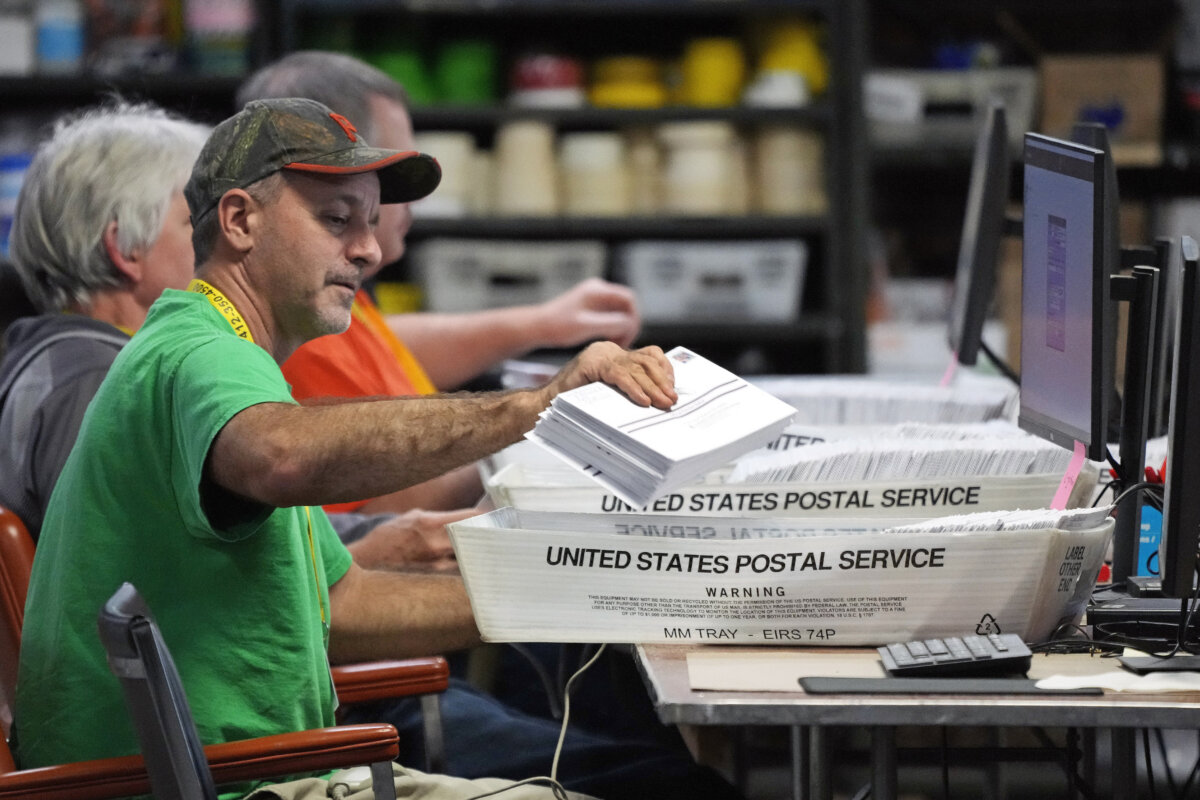WELLINGTON (Reuters) – A stronger New Zealand dollar will help the central bank achieve its policy objectives, including managing rising inflationary pressures, more quickly, Reserve Bank of New Zealand (RBNZ) Assistant Governor Christian Hawkesby said on Tuesday.
Large amounts of stimulus and a small COVID-19 case load has helped New Zealand’s economy recover strongly, but capacity pressures are stoking inflation and labour demand while firing up the real estate market.
“At the moment a higher currency in the short term will actually help us achieve our objectives more quickly because a strong currency will feed through a lower tradeables inflation and feed through to lower inflation, and we are managing inflation from the top side,” Hawkesby said at an event hosted by KangaNews.
The jobless rate slumped to a record low of 3.4% in the third quarter, matching the rate last seen in 2007, as the supply of foreign workers fell due to the closure of international borders from the COVID-19 pandemic.
The government has said it plans to reopen borders from January, but foreigners will only be let in from April.
“One risk we are conscious of in the very short term is that even when the borders reopen, that actually becomes easier for more Kiwis to leave the country than it does for foreigners to come in,” Hawkesby said.
“So there is a potential that the labour market gets tighter before it gets looser,” he added.
Hawkesby said the RBNZ expects the unemployment rate to drift to about 4%, but this assumes labour constraints will abate, which is not something the central bank has a high degree of confidence around, he said.
“We have more confidence around the fact that the labour market is tight and that’s going to build inflation pressures,” he said.
The New Zealand dollar rose slightly after Hawkesby’s comments, later settling 0.2% firmer at $0.6737.
Hawkesby also reiterated that RBNZ monetary policy strategy was to take “considered steps”, as seen in the 25-basis-point hike last month.
The central bank has been slammed by critics for its role in the exponential rise in property prices, which was fuelled by pandemic stimulus and historically low interest rates.
In a speech published on Tuesday, outgoing Deputy Governor Geoff Bascand said the RBNZ can’t be blamed for the housing bubble.
“We can lean against house prices by increasing the cost and restricting the availability of credit, but we cannot alter the supply of land or buildings, and should not be held responsible for the housing market,” Bascand said.
“Our job (and capability) is to limit financial stability risks and keep overall inflation under control.”
(Reporting by Praveen Menon in Wellington and Renju Jose in Sydney; Editing by Sam Holmes and Jacqueline Wong)



















